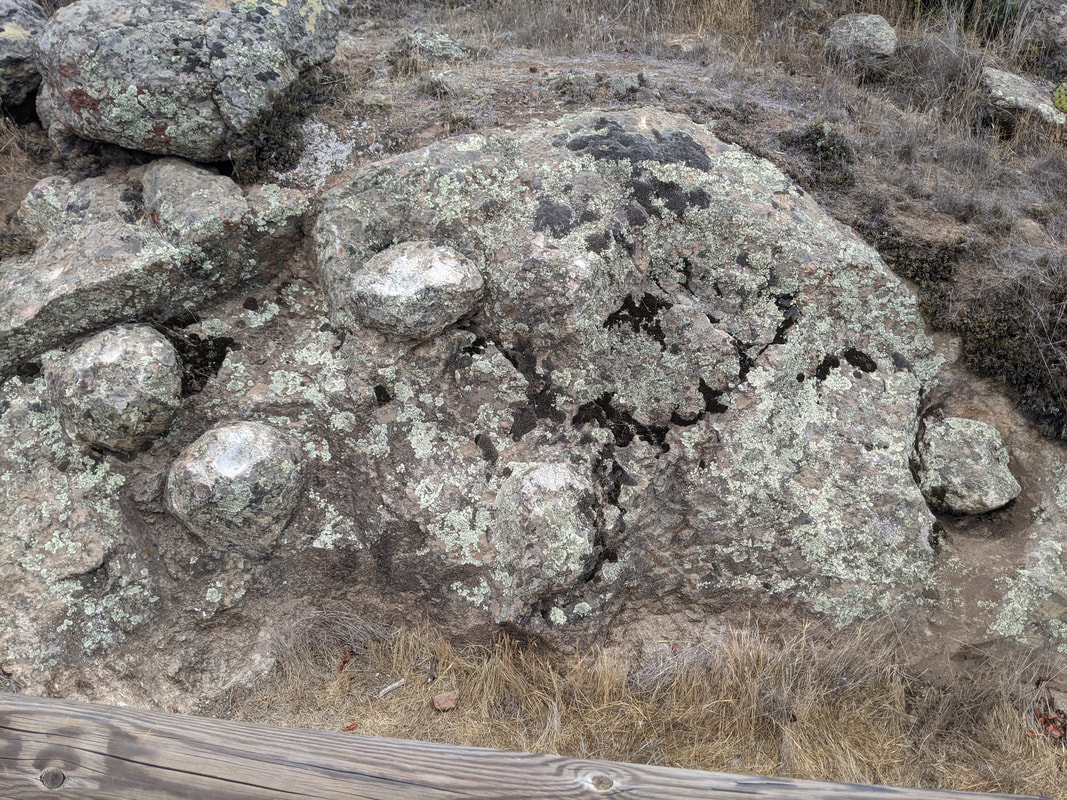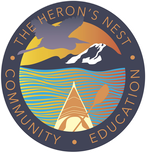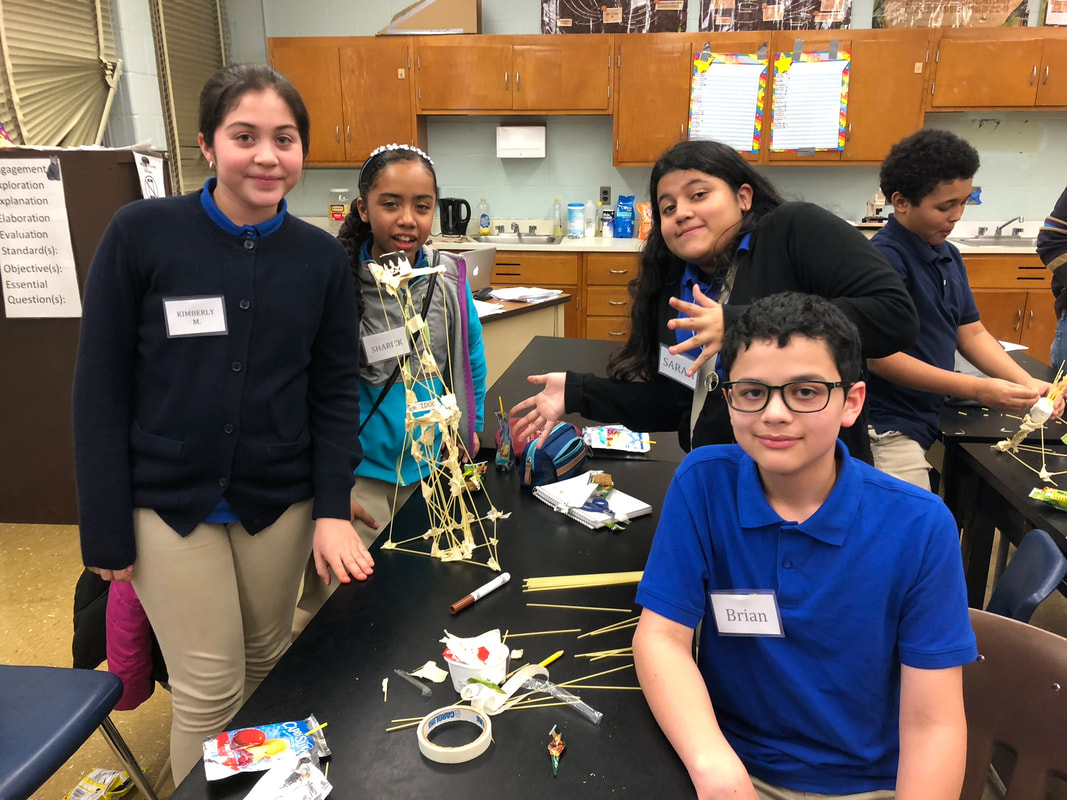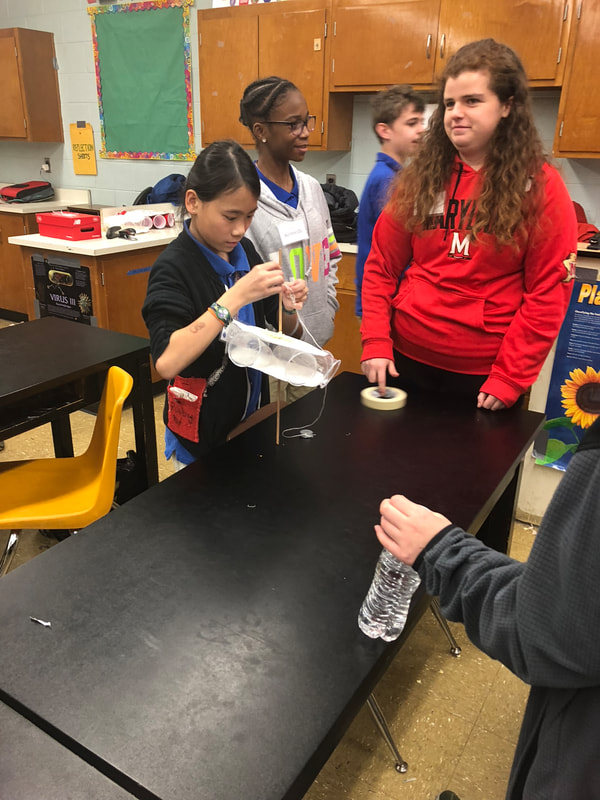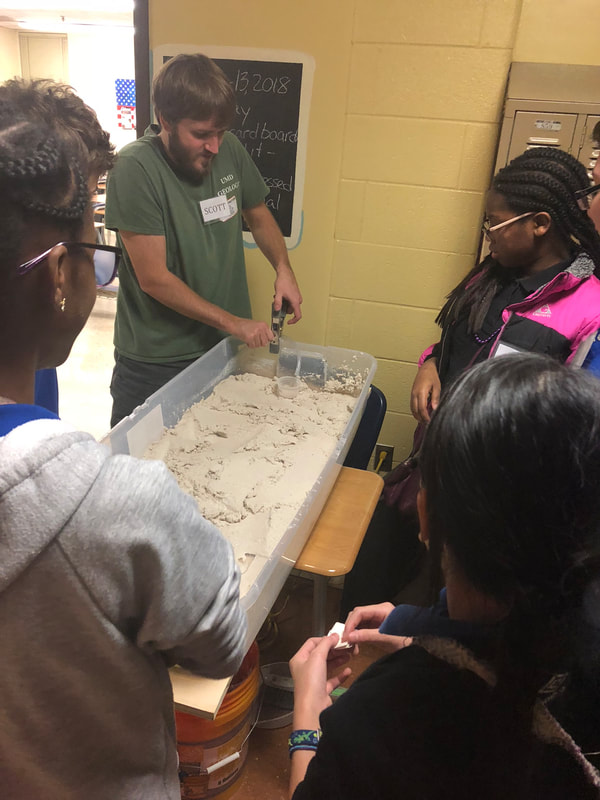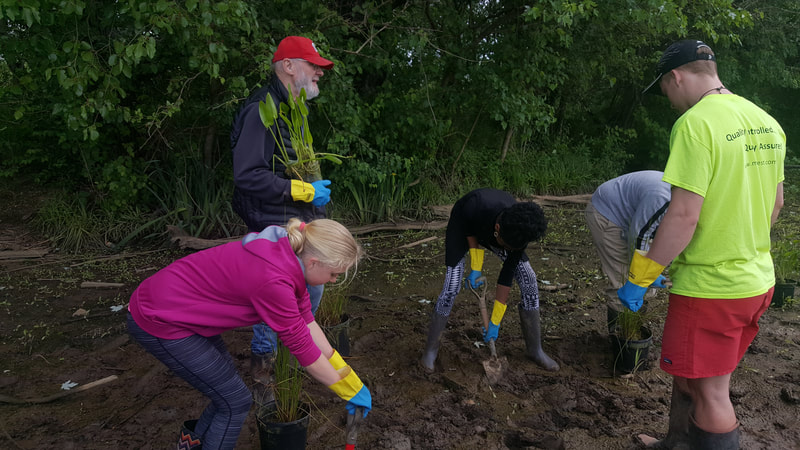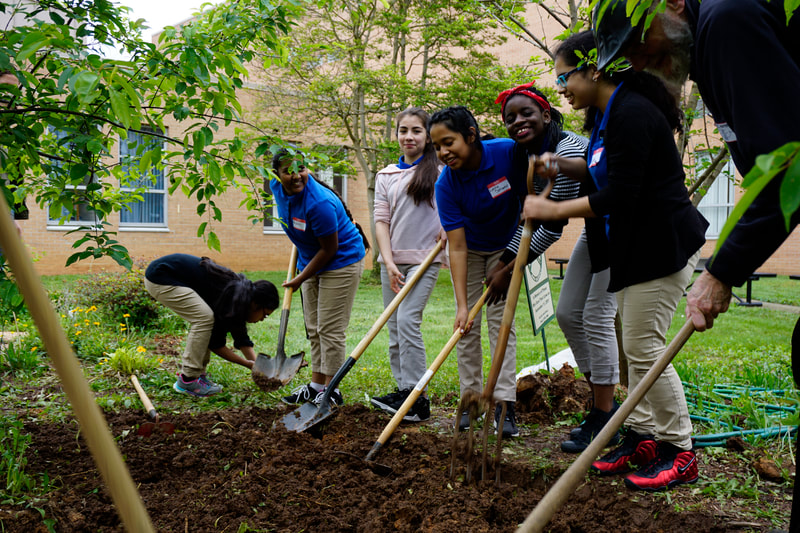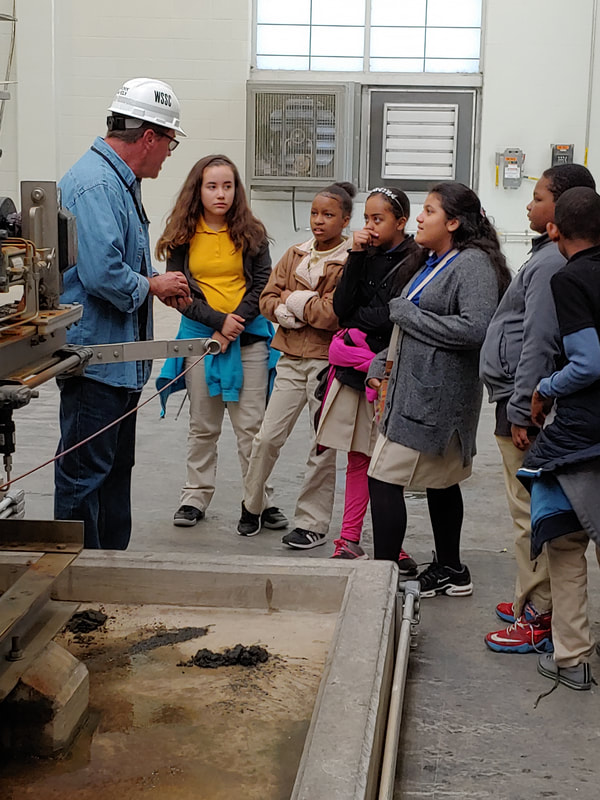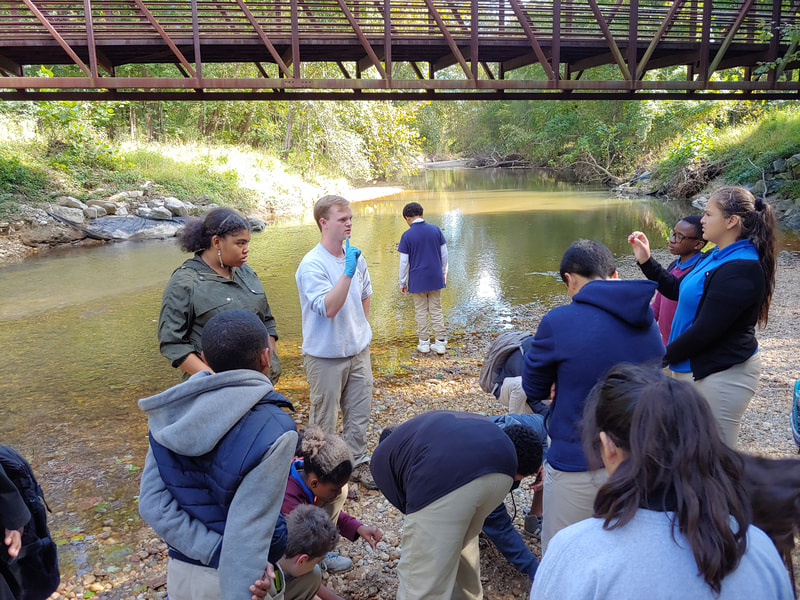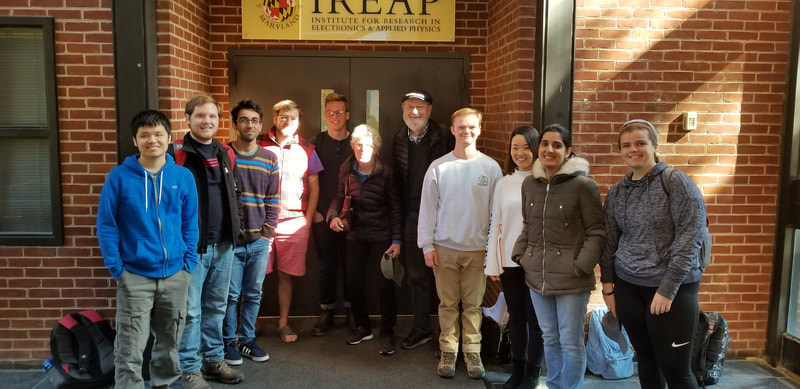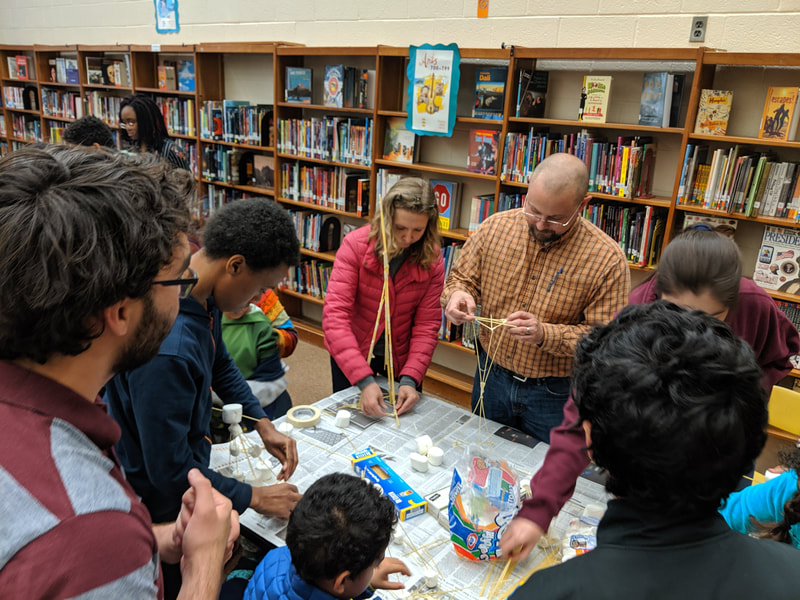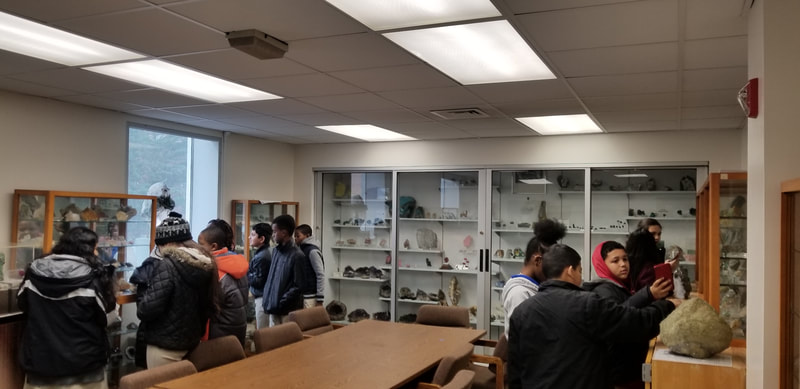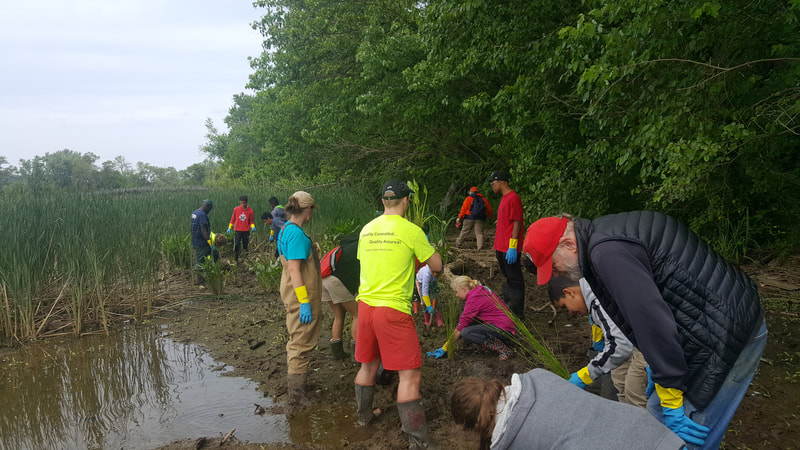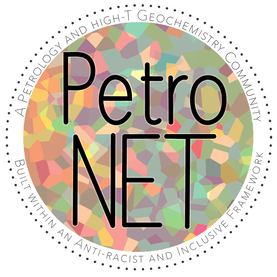Systemic inequity rooted in white supremacy, settler-colonialism, and patriarchy impacts who does science and how, and opposing this inequity is a moral imperative. As a white, heterosexual man my educational experiences are the result of innumerable privileges and I aim to promote antiracism, decolonization and equity through my research, teaching and mentoring. This requires concrete and proactive actions and I outline some that I have or am currently taking below.
Equitable Research on Indigenous Land
|
The geosciences have an entwined history with colonialism, racism, and the extraction of resources and knowledge from marginalized communities (e.g., David-Chavez & Gavin, 2018, Env. Res. Lett.; Wilkinson et al., 2020, Earth Surf. Dyn.; Nyblade & McDonald, 2021, Eos; Liboiron, 2021, Nature Geoscience). It is imperative that we recognize Indigenous sovereignty on the lands where we carry out our research and collect our samples, acknowledge ongoing experiences of dispossession, erasure, and death, and ensure that our research is co-created with these communities, not imposed upon them. My postdoctoral research involves the removal of material from unceded lands of the Tongva on Pimu’nga that are spiritually, culturally and archaeologically significant, and, in particular, the removal of talc, a traditional Tongva resource. I have developed a sampling workflow in consultation with a Tongva archaeologist to affirm Tongva sovereignty and ensure I do not sample sensitive areas. I am also working to build a long-term relationship with the Tongva to return tangible benefits to the community including leveraging geochemistry to assist in determining talc artifact provenance.
|
|
I am also working with UW ESS graduate students and faculty to leverage department resources and time to serve local Indigenous communities on whose land we work. In 2022, we organized a department volunteer day at the Heron's Nest, a Land Back project along the Duwamish River in Seattle (Aikin et al., 2022).
|
Educational OutreachHere at UW, I've volunteered with the Rockin' Out program to bring hands-on rock and mineral activities to the Chief Leschi School, a Puyallup tribal school.
During my PhD I served as a mentor and program manager of Kids Excelling in Math and Science an afterschool program providing hands-on activities engaging 30-45 students per week. This program covered a range of locally relevant science issues, such as pollution in the local Anacostia River and climate change impacts in the Chesapeake Bay, and challenged students to think deeply about how these issues impact their daily life and are reflected in policy decisions. While at the University of Maryland, I also served as a liaison for local K-8 schools interested in field trips to visit the Geology Department. I designed hands-on activities that utilized department resources, such as the Mineral Museum, stream table, and portable seismometer to illustrate key geoscience learning outcomes such as the rock cycle and how we study Earth’s interior. |
PetronetI am a member of Petronet, a community of early career petrologists and high-temperature geochemists grounded in inclusivity and antiracism. This group offers a supportive place for networking and discussion of science and how to make it more inclusive.
|
I am currently working and living on unceded lands of the Coast Salish peoples that touch the shared waters of the Duwamish, Puyallup, Suquamish, Tulalip, and Muckleshoot. Much of my research has been carried out on lands of the Tongva, Diné, and Piscataway peoples. I respectfully and humbly thank the Coast Salish, Tongva, Diné, and Piscataway ancestors, elders, and citizens for their ongoing stewardship of these lands and affirm their sovereignty in the face of continued dispossession and settler-colonialism
